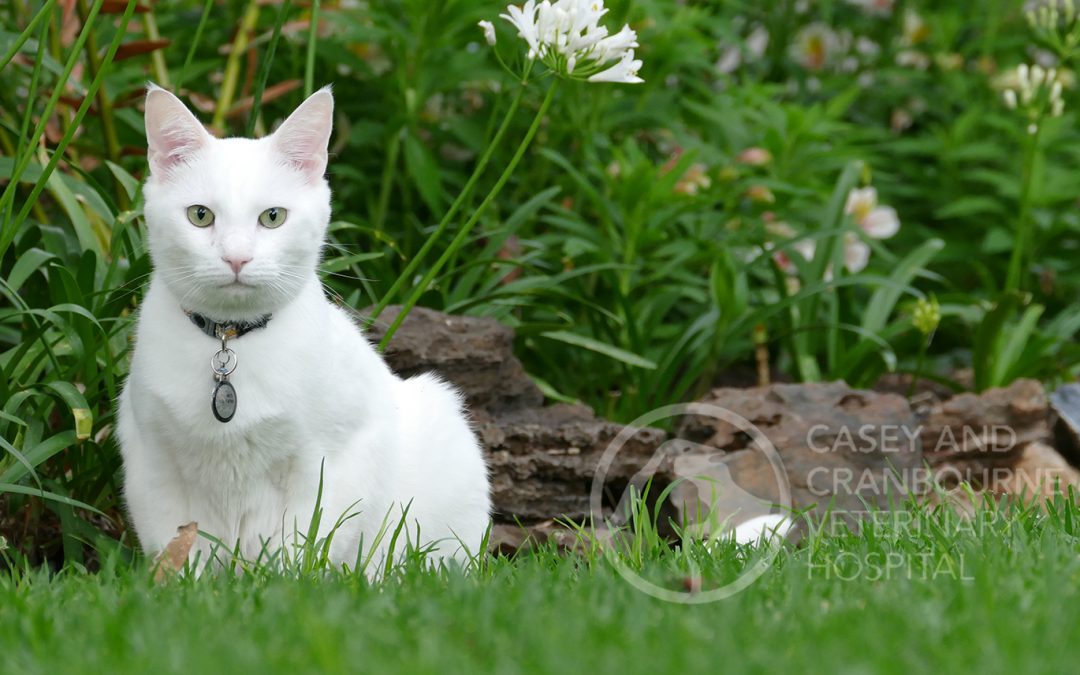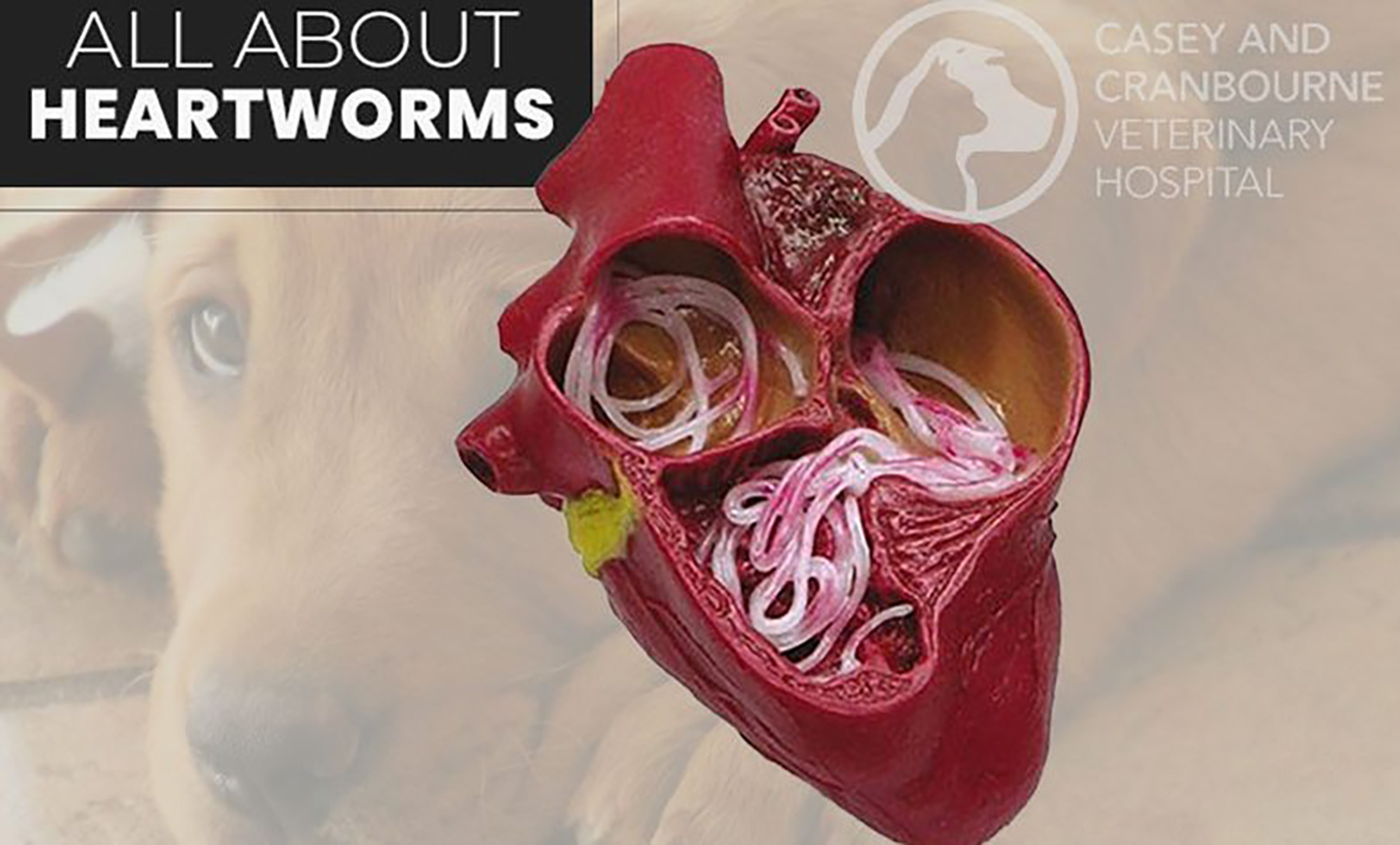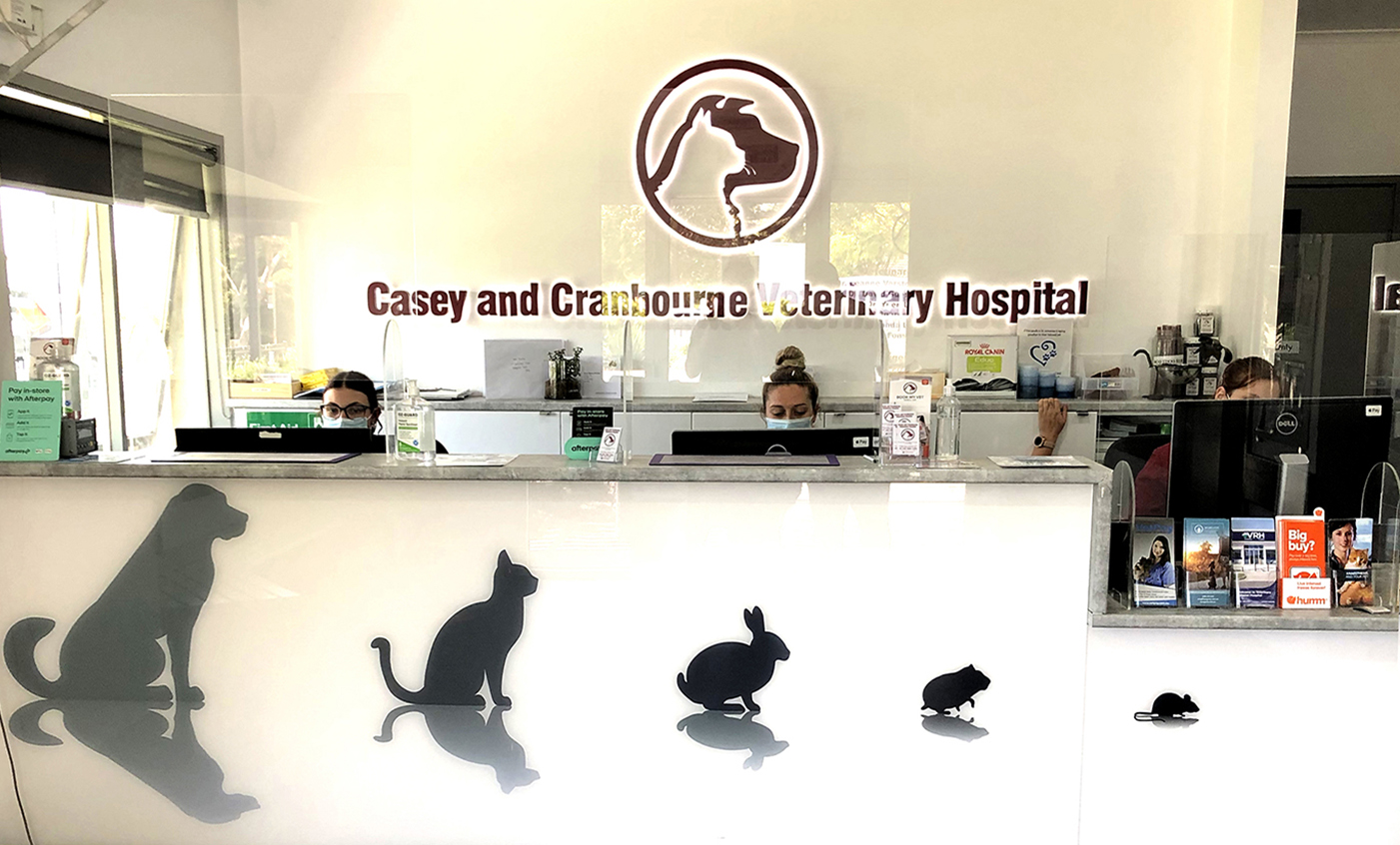With summer around the corner, it is a good time to get your furry friend checked for skin cancer. Just like people, skin cancers are also common in dogs and cats, accounting for one-third of tumours in dogs, and one-quarter in cats. Most skin tumours in dogs are benign (70-80%) and do not spread, but enlarge over time.
The majority in cats (50-65%) are malignant and can spread to other parts of the body. Animals with short fur and light coloured coats who spend a lot of time outdoors are at higher risk of some kinds of skin cancer.
To help reduce the risk of skin cancer in your cat or dog, you should minimise their exposure to the sun and use pet-safe sunscreen or a sun suit. If your pet has new lumps, bumps, scabs or wounds that are not healing, it is extremely important to bring your pet in to be checked by a vet. While there are other causes for skin lumps such as inflammation, infection, cysts or foreign matter entering the body, there is a chance the skin lump may be cancer. There are many options for skin cancer treatment in pets, including surgery, cryotherapy (freezing), radiation, chemotherapy and other medications. While the likely outcome depends on its type, many are curable and have a great chance of recovery.




